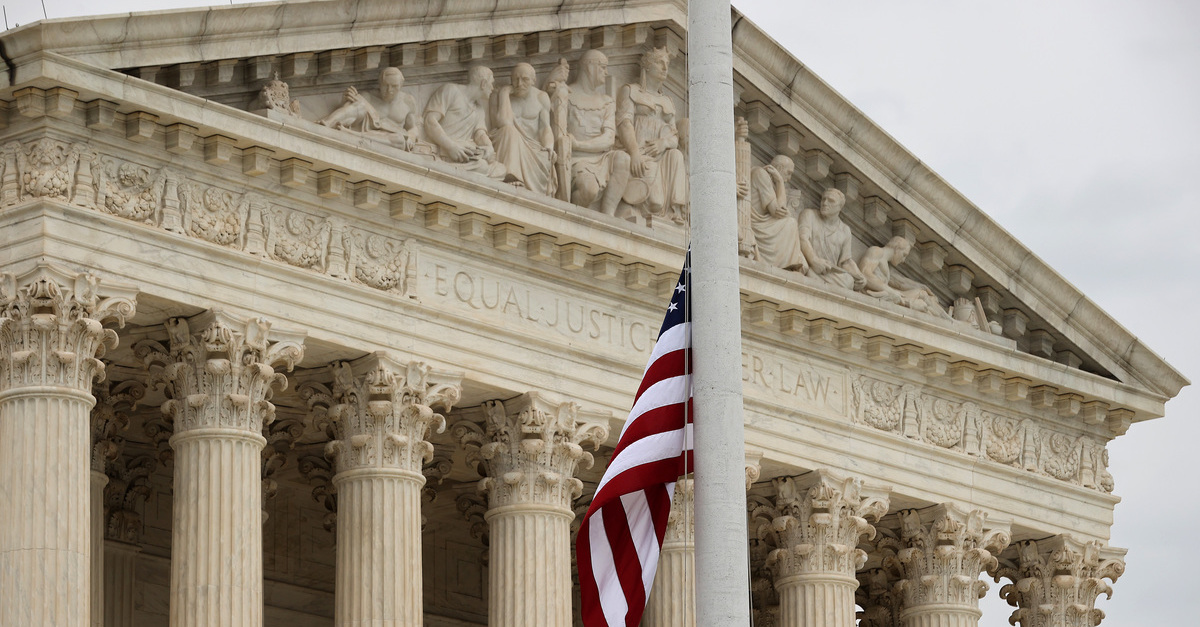
The Supreme Court of the United States has another packed morning on Wednesday, April 21, when the justices will hear oral argument in two cases: City of San Antonio v. Hotels. Com, L.P. and Minerva Surgical, Inc. v. Hologic, Inc.
City of San Antonio v. Hotels. Com, L.P.
This case grows out of those service fees charged by online travel companies (OTCs), such as Orbitz and Expedia.
The city of San Antonio, Texas filed a class-action lawsuit against Hotels dot-com, Hotwire, Expedia, Priceline dot-com, and a number of other online travel companies back in 2006; the city was looking to collect unpaid and underpaid hotel occupancy taxes. Part of the lawsuit centered around whether taxes owed by OTCs should be calculated based on the “retail rate” contracted (meaning discounted room rate plus service fees) or just the discounted room rate. The federal district court found in favor of the municipalities, and held that it was the full retail rate that was subject to the tax.
Problematically, though, the same question was being decided in Texas state court in a separate lawsuit. The state court held the opposite– that the tax applies only to the discounted room rate.
The OTCs appealed the federal court’s decision to the U.S. Court of Appeals for the Fifth Circuit, and won. Under Federal Rule of Appellate Procedure 39, the winning party may petition for fees and costs, and that’s what the SCOTUS dispute comes into play. The OTCs filed a bill of costs with the class-action plaintiff-municipalities. Those plaintiffs asked the district court to reduce the amount owed, but the district court refused, saying that it it had no jurisdiction to alter the costs under Rule 39.
When that ruling on costs was appealed, the Fifth Circuit upheld the lower court’s refusal. However, that ruling was something of an anomaly, as the other Circuit Courts have held that Rule 39 does allow the lower court discretion over costs.
Minerva Surgical, Inc. v. Hologic, Inc.
This case is a patent dispute between the inventor of medical technologies and the company claiming to currently own the patents for them.
Csaba Truckai was listed as the inventor on patents for endometrial ablation devices and procedures. Truckai was a co-founder of Novacept, which initially owned the patents. Cytyc Corporation (another medical company) purchased Novacept, and then Cyctyc was acquired by Hologic, Inc. in a $6 billion deal.
Hologic filed two patent infringement claims against Minerva Surgical in federal district court, challenging the patentability of the two patents at issue. Truckai is an inventor with Minerva.
The patent board only agreed to review one of the two patents in question, and ultimately found that that particular patent was unpatentable. Appeals, new claims, and motions followed.
SCOTUS will be answering a complex procedural question related to the case: whether the assignee of a patent (or entity in privity with an assignee) can raise the defense of “invalidity” in a patent dispute.
[Photo by Chip Somodevilla/Getty Images]
Have a tip we should know? [email protected]